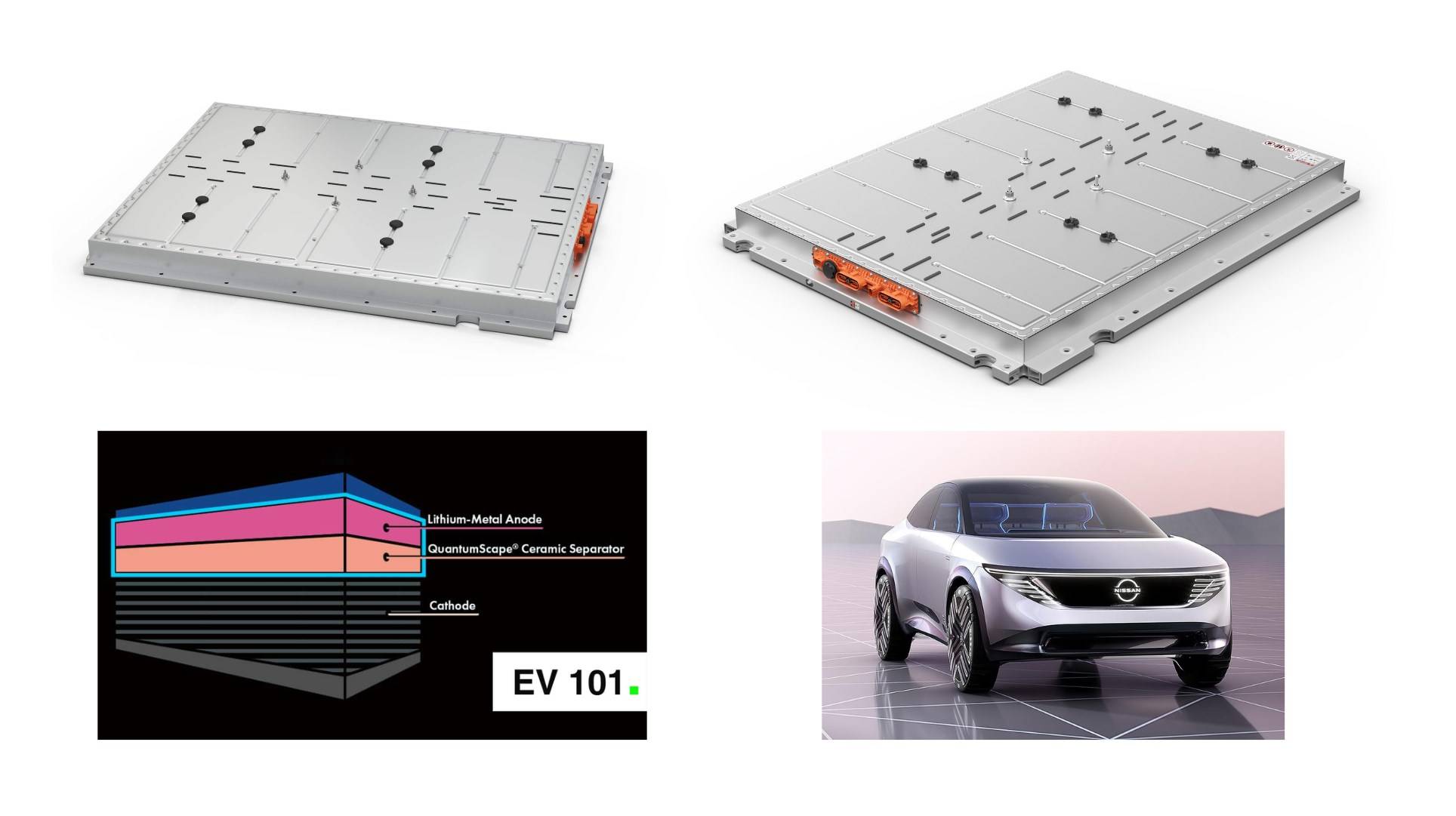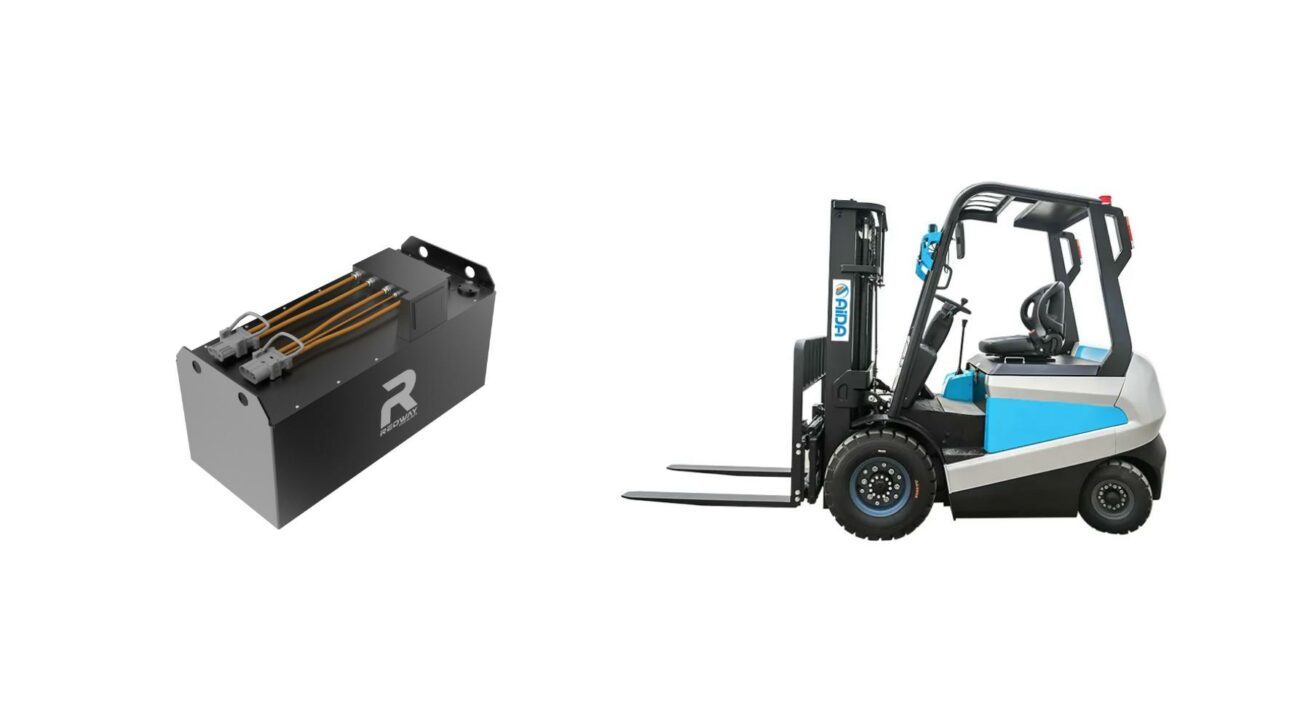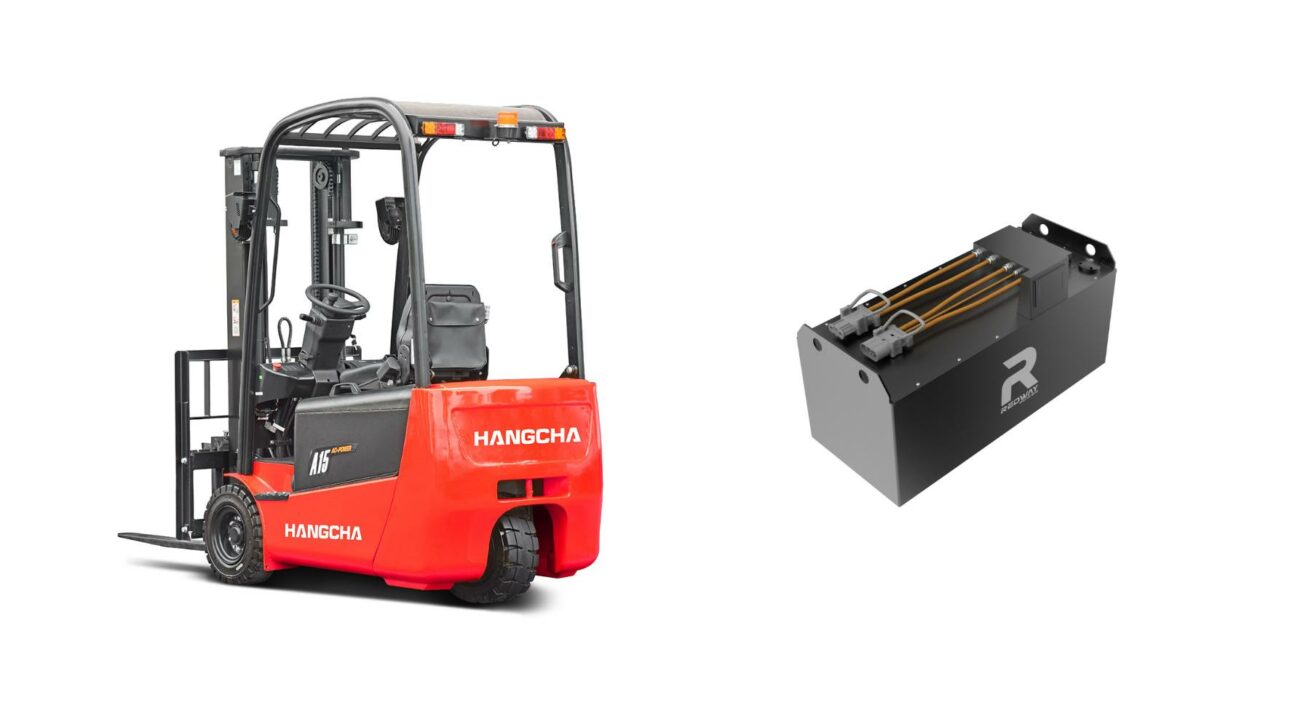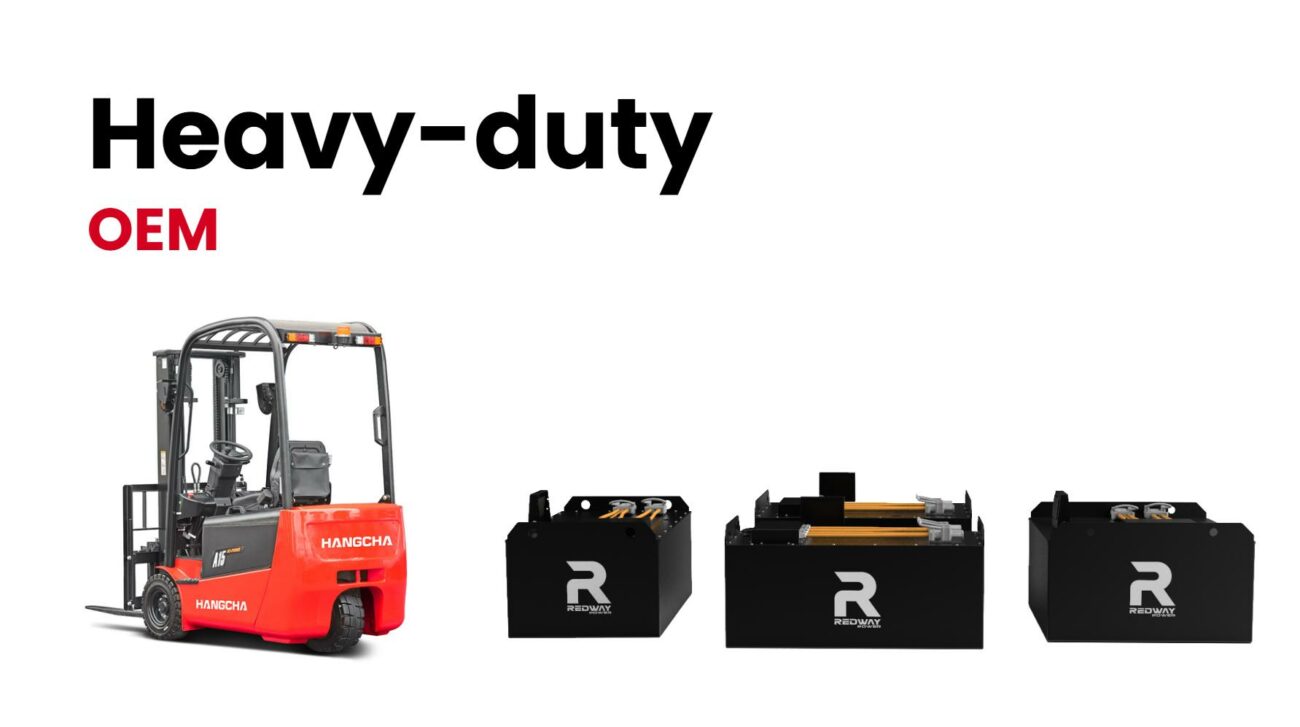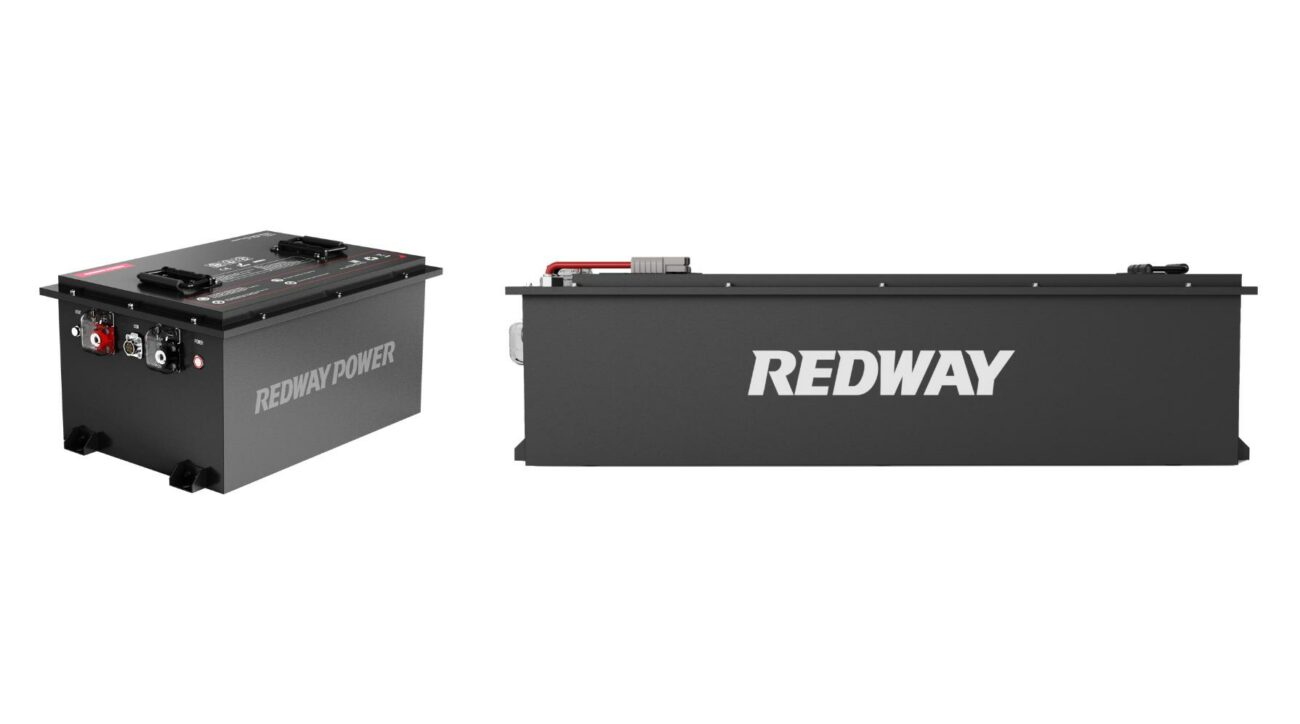Solid-state batteries are poised to revolutionize the electric vehicle (EV) industry by offering enhanced performance, safety, and energy density compared to traditional lithium-ion batteries. With significant investments from major automakers, these batteries promise to address common concerns such as range anxiety and charging times, making EVs more appealing to consumers.
What Are Solid-State Batteries?
Solid-state batteries are a type of rechargeable battery that uses a solid electrolyte instead of the liquid or gel electrolytes found in conventional lithium-ion batteries. This design enhances safety and energy density, making solid-state batteries a promising alternative for electric vehicles and other applications.
| Definition | Description |
|---|---|
| Electrolyte Type | Solid instead of liquid or gel |
| Application | Primarily used in electric vehicles |
| Safety | Reduced risk of fire and leakage |
How Do Solid-State Batteries Work?
Solid-state batteries operate by allowing lithium ions to move between the anode and cathode through a solid electrolyte. This movement generates electricity. The solid electrolyte not only improves ion conductivity but also enhances battery stability, reducing the risk of overheating and combustion.
| Process | Description |
|---|---|
| Ion Movement | Lithium ions travel through solid electrolyte |
| Voltage Generation | Movement generates electrical energy |
| Stability | Reduced risk of thermal runaway |
What Advantages Do Solid-State Batteries Offer?
The advantages of solid-state batteries include:
- Higher Energy Density: They can store more energy in a smaller volume compared to lithium-ion batteries.
- Improved Safety: The absence of flammable liquid electrolytes significantly reduces fire risks.
- Longer Lifespan: These batteries can endure more charge-discharge cycles, increasing their longevity.
| Advantage | Description |
|---|---|
| Higher Energy Density | More efficient storage |
| Improved Safety | Lower risk of combustion |
| Longer Lifespan | Extended usability with fewer replacements |
Why Are Automakers Investing in Solid-State Technology?
Automakers are heavily investing in solid-state battery technology due to its potential to enhance EV performance and consumer appeal. Companies like Toyota, Volkswagen, and Ford are exploring partnerships and research initiatives aimed at commercializing this technology by the late 2020s.
| Investment Reason | Description |
|---|---|
| Enhanced Performance | Longer ranges and faster charging times |
| Consumer Demand | Addressing range anxiety and charging concerns |
| Competitive Advantage | Staying ahead in the evolving EV market |
How Do Solid-State Batteries Compare to Lithium-Ion Batteries?
Solid-state batteries offer several improvements over traditional lithium-ion batteries:
- Energy Density: They can provide two to ten times the energy density.
- Safety: They are less prone to overheating and fires.
- Charging Speed: They can potentially charge faster than lithium-ion alternatives.
| Comparison Factor | Solid-State Batteries | Lithium-Ion Batteries |
|---|---|---|
| Energy Density | Higher capacity | Variable based on design |
| Safety | Lower risk of fire | Moderate risk of thermal runaway |
| Charging Speed | Potentially faster | Slower compared to solid-state options |
What Are the Challenges in Developing Solid-State Batteries?
Despite their benefits, there are challenges in developing solid-state batteries:
- Manufacturing Complexity: Producing solid electrolytes consistently can be difficult.
- Cost: Initial production costs may be high compared to established lithium-ion technologies.
- Material Stability: Ensuring long-term stability of solid electrolytes under varying conditions is crucial.
| Challenge | Description |
|---|---|
| Manufacturing Complexity | Difficulties in consistent production |
| Cost | Higher initial costs compared to lithium-ion |
| Material Stability | Ensuring durability under different conditions |
Redway Battery provides high-quality lithium batteries that can be used as replacements or complements to traditional battery technologies, ensuring reliable energy storage solutions.
Buy Wholesale Battery Tips
For businesses looking to purchase batteries suitable for various applications, partnering with a reliable manufacturer is essential.Redway Battery, with over 13 years of experience, is an excellent choice for battery wholesale buyers or OEM orders clients overseas. To place an OEM order from Redway:
- Identify your specific battery requirements.
- Contact Redway’s sales team with your specifications.
- Discuss pricing, minimum order quantities, and lead times.
- Finalize your order details and confirm production timelines.
This process ensures you receive top-notch products tailored to your needs while benefiting from competitive pricing.
Industrial News
Recent developments in solid-state battery technology have highlighted significant advancements towards commercialization. Major automotive manufacturers are rapidly progressing towards integrating solid-state solutions into their future electric vehicles, promising enhanced performance metrics like longer ranges and shorter charging times. As competition intensifies, innovations continue to emerge that could reshape the EV landscape.
Redway Expert Views
“Solid-state batteries represent a pivotal shift in battery technology,” states an expert at Redway Battery. “Their potential for higher efficiency and safety makes them a game-changer for electric vehicles, paving the way for broader adoption.”
Frequently Asked Questions About Solid-State Batteries
- What is a solid-state battery? It is a rechargeable battery that uses a solid electrolyte instead of liquid or gel electrolytes.
- What advantages do they have over lithium-ion batteries? They offer higher energy density, improved safety, and potentially longer lifespans.
- What challenges do manufacturers face? Key challenges include manufacturing complexity, high initial costs, and ensuring material stability.
- When can we expect solid-state batteries in electric vehicles? Many manufacturers aim for commercialization by the late 2020s or early 2030s.


